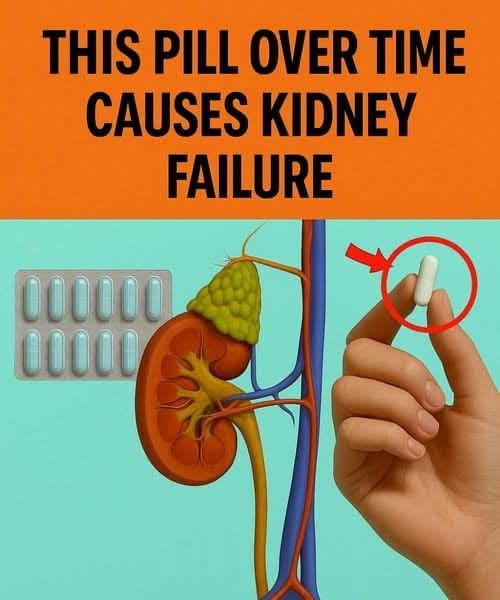Kidney health is often overlooked until symptoms become severe. More than 800 million people worldwide suffer from chronic kidney disease, which often develops silently. In many cases, the first warning sign comes from a urine test showing albumin, a protein that signals kidney damage.
One of the most underestimated factors behind kidney deterioration is the prolonged or improper use of certain medications. While these drugs may be safe when prescribed and monitored, unsupervised or long-term use can place serious strain on kidney function.
Omeprazole, commonly used to treat reflux, ulcers, and heartburn, is one such example. Though effective, continuous use without medical guidance can increase the risk of acute kidney injury or even chronic kidney disease. Patients are strongly advised to seek regular evaluation from a healthcare professional before using it long term.
Safer alternatives, such as H2 antagonists like famotidine or ranitidine, may provide similar relief for many patients. These are generally considered less risky for individuals without pre-existing kidney conditions, though they too should be used responsibly under medical advice.
